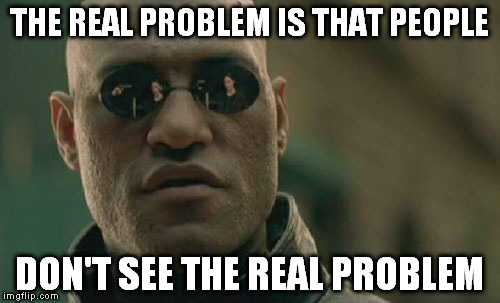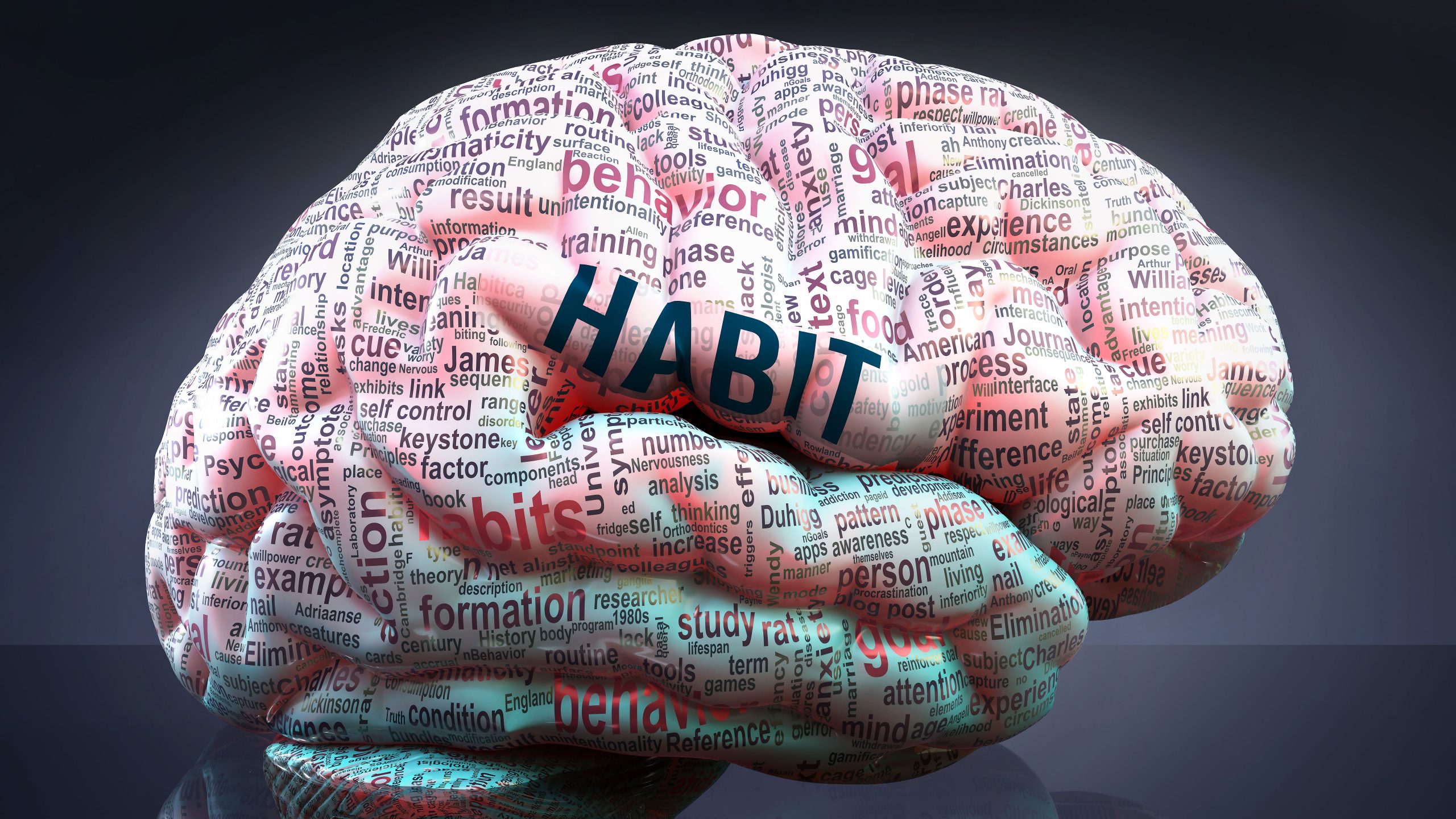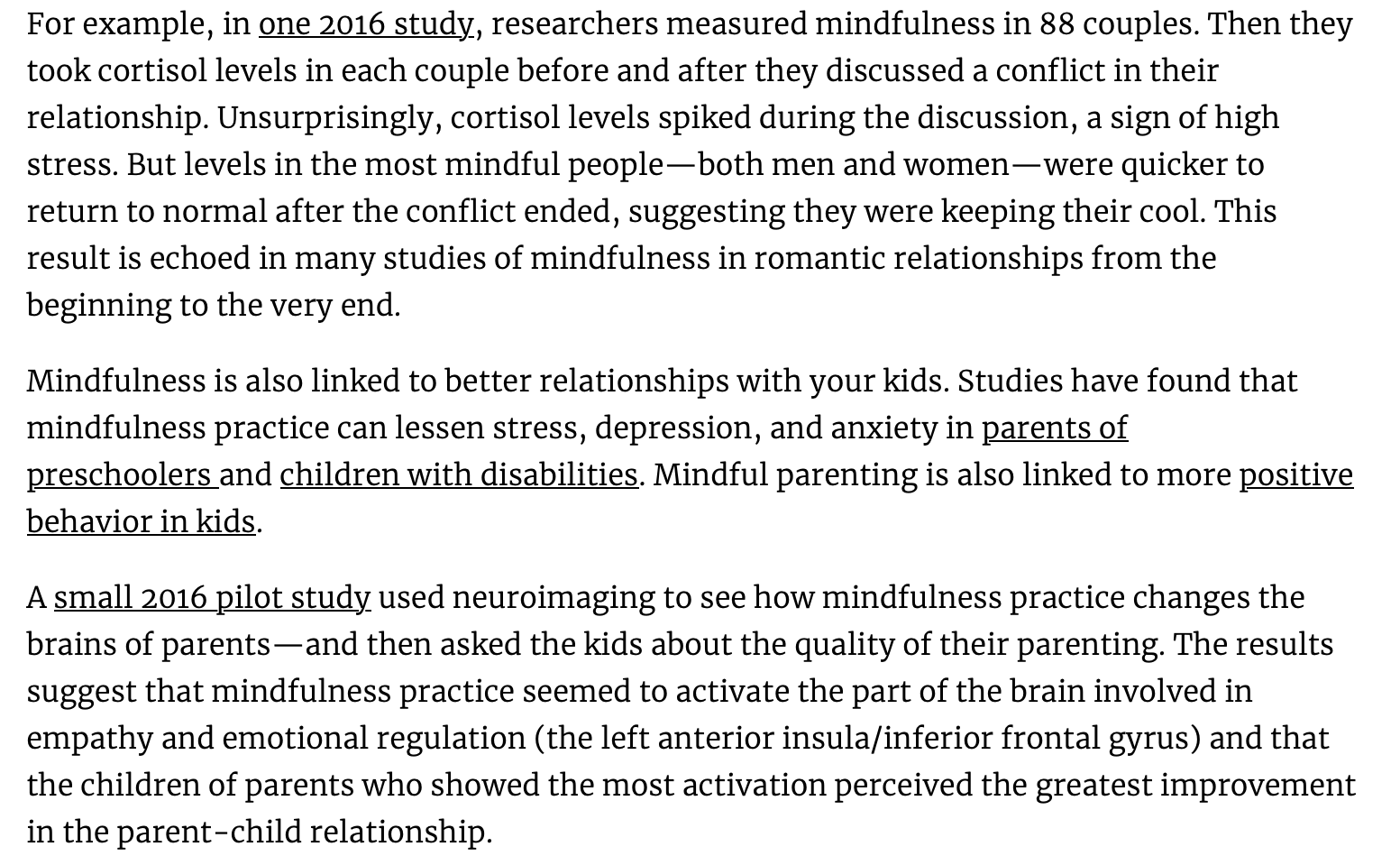The BIGGEST Boost To Your Workouts
2023-02-22
This might sound a bit odd, but I haven’t read a training book or been to an educational program on training in several years. Sure, I am a bit spoiled because I can call up some pretty amazing coaches to pick their brains about ideas, but I more so just haven’t had the interest. Why is that?
If you are expecting me to say that it is because “I know everything” about training that isn’t case. The best way to explain is by sharing a story of a friend/colleague of mine that happened about 20 years ago and I’ll never forget it!
I had just finished a weekend educational certification that had me pretty pumped! The course I thought was SOOOO good that I couldn’t wait to tell my friends in the industry about it. One of my first calls went to a friend that had just launched what is now a VERY popular gym. He listened to my excited ranting and why I said he was missing out if he didn’t take the course. His response is something I will never forget!
“Josh, that sounds awesome but I’m not going to any training programs right now.”
HUH?! How could someone who was SO ambitious and into training say that he didn’t want to go to any educational programs? His response got me so flustered I asked him why he was doing what I thought was such a crazy thing. This reply left me speechless…
“Because right now I know enough training to help 99.5% of the people that come into the gym. My biggest need right now is not to know more training but other aspects of the business. If my business reaches its goals I’ll have both plenty of time and the finances to take as many courses on training as I want.”
What do you say to that? Made a lot of sense and I had never thought about things that way. After all, at the time I had to scrape money together in a pretty desperate way to attend this course. I’d rather NOT have to do that and have more time to really study the material. That conversation really changed how I thought about how I spend my time.
Now, the reason I haven’t been really into training like many would think isn’t the same exact reason, but similar to my friends (who’s gym has gone on to be named one of the best in the US several times), but there is some similarity. At this point in my career I do feel that I can help the great majority of people that come to me and genuinely want my help from a training perspective. However, what I have learned is that if I can only offer training to people I am actually limited in how I can help them.

If I were to ask most fitness professionals the BIGGEST challenges their clients face, or even lifters why they aren’t reaching their goals chances are they wouldn’t blame their actual workouts. They might say something like the following…
“I just feel so tired I don’t have the energy to train.”
“My day is so busy I don’t see how I can fit in a workout.”
“I can’t keep on my nutritional habits.”
You can imagine all these and way more! In many cases such statements greatly annoy fitness coaches and I get it, I use to be that way as well. Then I realized what people were saying isn’t actually what they meant or even realized what the true problems were that they were facing.
For example, someone tells you they are tired all the time and struggle to get their workouts in and when they do they just can’t give the effort they want. Many coaches come from a logical side and say something like, “oh we need to improve your sleep then.” Sounds like the right answer no?

So, then you discuss going to bed at a regular time and not to binge Netflix, having proper lighting in their house before bed and upon waking, you tell them to take certain supplements that will help them sleep, and so forth. All these ideas can help someone to sleep better from a biological perspective, but there is one problem, a lot of the issues such as sleep aren’t necessarily derived from biological issues. Sure, biological issues can form from lack of sleep, but the solution may not be starting with the biology.
In fact, Prof. Lichstein, who has been researching sleep for more than 30 years, has found, What he concluded, after reviewing 12 sleep studies that have been published during the past 20 years, is that regardless of whether one actually has poor sleep or not, believing oneself to be an insomniac can do just as much, if not more, harm. “Insomnia identity drives worry and worry is the fuel of stress.” That stress has physical effects on our life.

Instead of telling people not to binge on Netflix at night, why not ask why they binge on Netflix at night? I’ve made this mistake before too, we often as coaches talk at and not with the people we are trying to help. You hear responses like…
“It is the only time of the day that I feel relaxed and like I can breathe.”
“That is the best time of my day.”
“It is the only quiet time me and my spouse have together where we spend time being with each other.”
Hard to say any of these statements aren’t very relatable and understanding. Instead of taking away something that makes them feel good, maybe we can make an agreement of compromise. For example, if the person spends 2 hours at night streaming shows to decompress, have time with their signifiant other, etc. maybe we could spend 1 hour and another 10-15 minutes doing things like the routine I share below. Something very simple that would help them decompress, something they could do with their significant other (that would probably help them as well), and help them build habits that move them closer to their actual fitness goals.
You can perform the following 2-4 rounds: 10-15 Spinal Cord Breathing, 30-60 seconds Spiral Knocking, 8-10 Harvesting Energy Flow, 4-6 Touch The Toes Reach For The Sky, 4-6 Opening & Rotating The Body
Yes, my interest has been more about learning about people’s behaviors and attitudes than what I can offer them to help them make progress in changing them. Let’s face it, if change were easy we would all be the absolute best versions of ourselves, but change is hard and can be overwhelming. The good news is rather simple strategies of mindfulness, breath work, meditation, and more can make actually a significant difference in our behaviors, habits, and relationships. This isn’t me being all philosophical, this is backed by A LOT of science

I’ve provided some of the citations for these studies below.
One of my BIG goals with our Myofascial Integrated Movement program was not only to show people that these ideas are actually SOOOO important to their fitness success (as well as overall quality of life), but that they are easy to employ. Often when people think of meditation, mindfulness, etc. they just see MORE things that they have to do and get MORE overwhelmed. The truth is that starting with 10 minutes of practice and being thoughtful about these concepts can be transformative over time and research backs that up.
So, I hope you will try using some of these easy to use strategies. The one I showed above can be used first thing in the morning for 10 minutes, 10 minute movement “snack” during the day, or 10 minutes before you go to bed (if you want to do more that is great, but start with something simple). Below is more designed to use these concepts to help you be in a better place for your training as we focus more on developing qualities of movement along with these other powerful aspects. I hope we start seeing what we can offer people is more than just “another” workout.
You can check out our Myofascial Integrated Movement Program and all our courses and workout programs for 30% off with code “sale30” HERE
References:
- Laurent, Heidemarie K., et al. “Mindfulness during romantic conflict moderates the impact of negative partner behaviors on cortisol responses.” Hormones and Behavior 79 (2016): 45-51.
- May, L.M., Reinka, M.A., Tipsord, J.M. et al. Parenting an Early Adolescent: a Pilot Study Examining Neural and Relationship Quality Changes of a Mindfulness Intervention. Mindfulness 7, 1203–1213 (2016). https://doi.org/10.1007/s12671-016-0563-3
© 2026 Ultimate Sandbag Training. Site by Jennifer Web Design.







